
Who Am I Anyway? Personality, conflict and Chinese Medicine.
“This above all: to thine own self be true, and it must follow, as the night the day, thou canst not then be false to any man.” This wildly popular quote comes from Shakespeare’s Hamlet. It is perhaps one of the most quoted lines from Shakespeare within our culture.
“To thine own self be true” is a lovely idea, often regarded as one of Shakespeare’s pure lines of wisdom. However, when taken in context within Hamlet, it is ironic. This line is spoken by the character Polonius, who is neither known for his wisdom nor integrity. He is in-fact, seen more as an image-obsessed busy-body, mistaken in every judgement he makes throughout the play. It is interesting that our culture has adopted a line from this character concerning true self-expression as one of its most beloved, yet misunderstood, quotations.
What does it mean to be true to oneself? Who are we anyway? Are we what our parents have created us to be? Are we a product of our culture and environment? Or are we born with a seed of individuality that seeks to blossom and grow throughout our lives?
Classical Chinese Medicine has devoted the bulk of its medical philosophy to these questions. To the Taoists, life is continual interplay between the Shen (or spirit) and the Jing (the essence or genetic code). Confucian philosophy stresses the effect the social world has on the interplay between the “Jing Shen.” Chinese Medicine is composed of theories from both of these dominant Chinese philosophies.
Within Chinese Medicine, we are created from the union of our spirit with the essential-genetic-code provided by our parents. The spirit chooses an essence to merge with so it may live out the life lesson it desires to explore. Within this “essence” is the family, ethnicity and environment.
Within Chinese Medicine, all phenomenal material, including personality types can be classified into the five elements: Wood, Fire, Earth, Metal and Water.
Conflict is seen as a given and necessary component to growth. It is also seen as endemic to life. There are certain elements that are harmonious with one another, and others that are naturally in conflict. Some elements nurture, and others balance and oppose. Through these conflicts, the drama of life is played out.
Medically, patients come into my office, often with physical, mental and emotional symptoms that are manifestations of elemental conflicts. Sometimes the conflict is between their spirit and their environment. Sometimes the conflict is between the two aspects of themselves: their spirits and their essence.
There is a frequent theme within Chinese Medicine, relating to trauma and its potential to disturb the mind and body. Much of my clinical practice directly or indirectly relates to this theme. A common complaint from patients is “stress.” When stress becomes overwhelming, it creates trauma, which can alter a person’s body, mind and even personality.
An example of the effects of overwhelming stress is rheumatoid arthritis, where the actual physical structure of the body is altered and damaged. Western Medicine likes to call these types of conditions autoimmune, and often explain them as “genetically based.” However, from a Chinese Medical point of view, rheumatoid arthritis can be seen as the body’s response to overwhelming stress. When physical or mental-emotional stress become overwhelming and threaten to damage the form or function of the internal organs, the body, in its wisdom, diverts the “issue” into the joints, where it can be kept dormant. The joints are a far safer place for an “issue” to reside than the vital internal organs. Anything being held within the body will create inflammation as the immune system contends with it. The inflammation will literally burn up the tissues of the body the longer the “issue” is being held. To hold an “issue” within the internal organs can be potentially deadly. Whereas, within the joints, degeneration is slower. The body buys itself time, in hopes that the issue can be treated and resolved before it burns up the body.
I like to use the term “issue,” to be as general as possible. The “issue” can be a physical pathogen such as virus, bacteria and fungus, or an emotion such as grief, anger, fear. Within Chinese Medicine, body and mind are not seen as separate. They follow similar pathogenic progression and cause similar destruction to the body and mind.
Western treatment of rheumatoid arthritis often focuses on cooling the inflammatory process. From a Chinese Medical point of view, this is treating the body’s immune response instead of treating the issue itself. The inflammation is causing pain and tissue destruction. Yet, it is not the root of the condition. Drugs such as anti-inflammatory steroids actually weaken the immune system, potentially driving the issue deeper into the body, eventually to the internal organs themselves. This is similar to treating psychological issues with drugs that dull the emotions. The drugs do nothing to help resolve and release the underlying issues: they merely mask them, ultimately weakening the person overall.
Examples of mental disorders from overwhelming stress are personality changes and behavioral disorders. Both examples; physical and mental alteration; can come from the same source: stress. Stress can be defined as any force, mental-emotional or physical, that challenges the body. Overwork is an example of this, as are interpersonal and introspective conflicts. A person who physically pushes his body beyond its natural limits will create stress. This can include overwork, heavy lifting and improper diet. Mentally, stress is created when emotions are inadequately processed or expressed.
Why do we push ourselves beyond our body’s limits? Why do we pretend to be someone we are not? Why do we hold emotions in, instead of expressing them? Many of us do these things because of the demands and expectations put upon us by the external environment.
This process can begin very early in our lives. We are born a certain elemental type. Our spirit chooses the family we are born into. However, the family we are born into can be composed of conflicting elemental types.
Here’s an example: a water type girl is born into a family led by two fire personalities. Her natural tendency is to be introspective and quiet. She prefers to play on her own, and has a tendency to be rather fearful and controlling at times. Her parents, being outgoing, expansive, social and exuberant Fire types, think there is something wrong with their daughter. They wonder, “why is she so quiet? Why is she playing alone all the time?” They encourage her to be more social, more excited and outgoing; in other words, more like them. This puts stress on the young girl. Perhaps it even gets to the point where she is criticized for being quiet and introspective. Perhaps this causes difficulties in her social life as well. Maybe she was born into a Fire community. Overtime, this stress could lead to an alteration of the young girl’s personality, as well as her body. Her psyche, conscious or unconscious, decides it would be better to change into a Fire type personality in order to fit in with her parents and community.
One could argue that the young girl’s personality change was merely “evolution” within the “survival of the fittest” idea. However, years later, I see this girl in my office, complaining that she cannot sleep at night, has panic attacks and is incapable of maintaining a successful relationship. Something was thrown out of balance.
As I examine this young lady, and ask her questions, I am reminded that panic attacks are classical symptoms which can relate to a disturbance in the communication between the heart and kidney energies, or the Shen and the Jing. I have the feeling her symptoms relate to a constitutional trauma within the early years of her life. A different idea than that of Western Medicine, regarding genetics. In this case, the genetic code, or Jing-essence was traumatized, blocking its natural blossoming through her spirit. She exhibits other classical symptoms of this scenario: beam-like tension along her abdomen. These “beams” physically show the blockage between the area of the essence in the lower abdomen and the spirit in the chest.
To treat this young lady, I use constitutional acupuncture channels, to help her transform and expel the trauma blocking her true self-expression. Through this process, she will be reminded, from deep within, of her true elemental nature. She may gain conscious insight of the trauma, or she may simply release via physical and/or emotional detox. She may cry tears that lack a storyline, or expel via a common cold. Consciousness is not always necessary when releasing trauma.
The young lady may also begin to see the world more like when she was a young girl. Her eyes may lose the tint of the Fire elemental mask, and return to that of the Water. Her behavior may slowly revert back to being introspective and quiet. But, most importantly, she will become more comfortable being a Water personality, letting go of the stressful demands on her body and mind from being a false Fire personality.
“To thin own self be true” is a quote more brilliant and insightful than many people understand. Within the play, Polonius, is one of the people who least understand his own wise words. Hamlet in general is a mess of this theme: people acting against their own true nature, causing behavior and judgement problems, which ultimately lead to mass destruction.
This subject is one of the most misunderstood within our culture. I commonly see patients whose imbalances come from wearing a mask, putting their focus on the outer world instead of the inner, and acting primarily from another person’s point of view.
To me, “to thine own self be true” hinges upon answering the question, what is our true self? Which self are we living? Herein lies the empowerment. To release any trauma, shed the masks and expel “issues” held in the joints: can set us free, and return us to the innocence of our younger days.

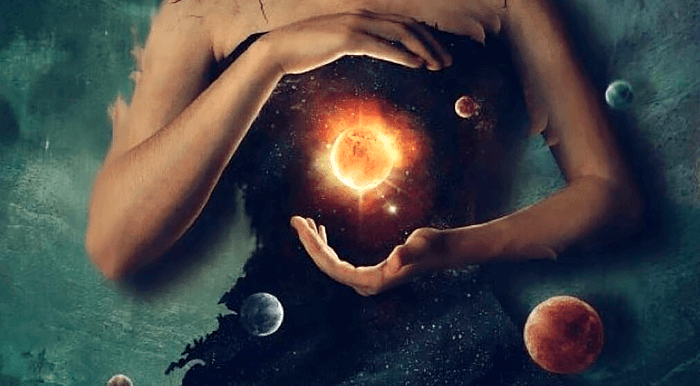
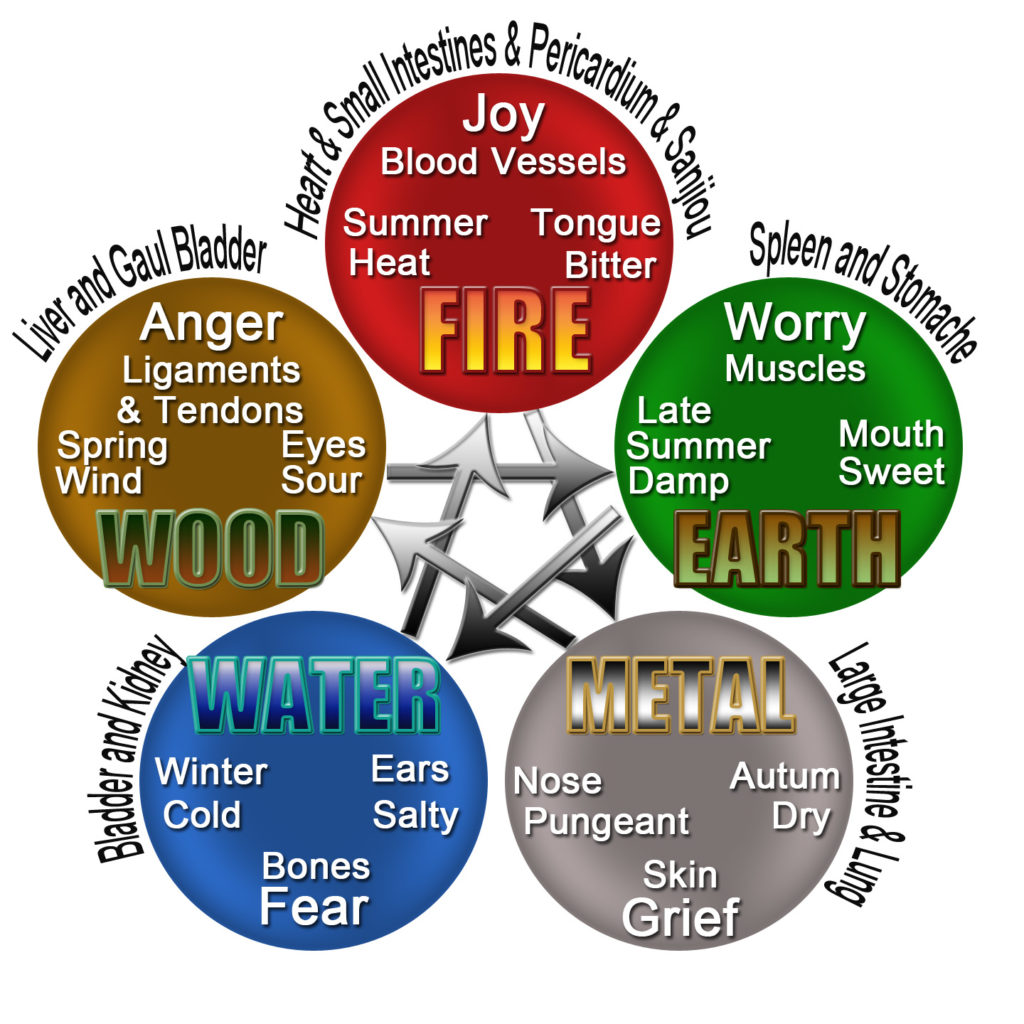
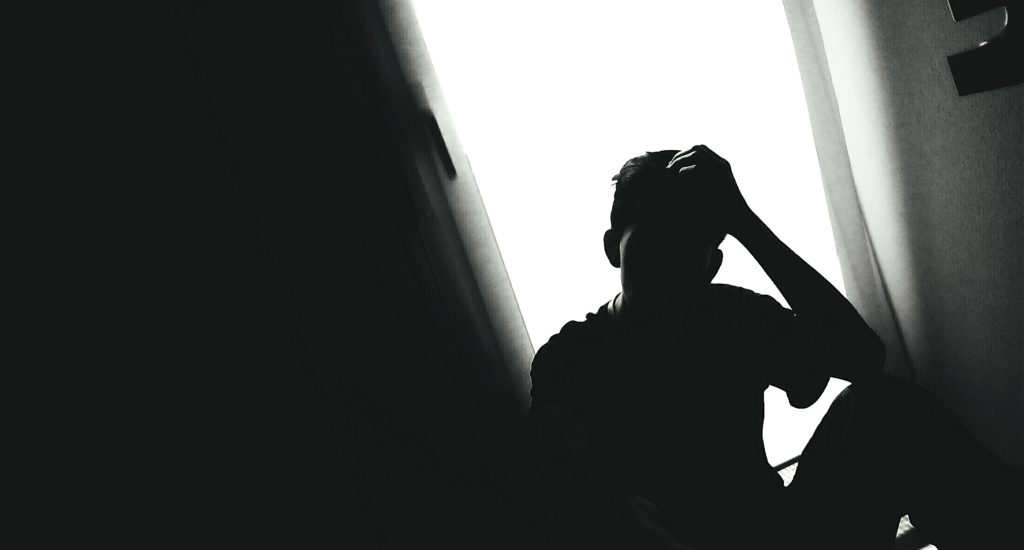

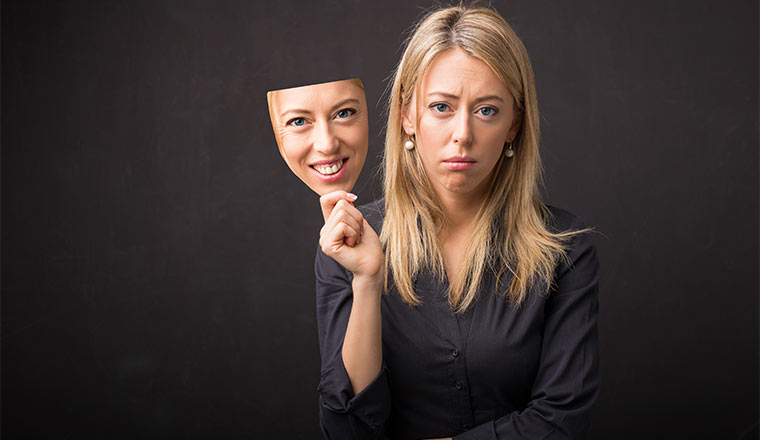
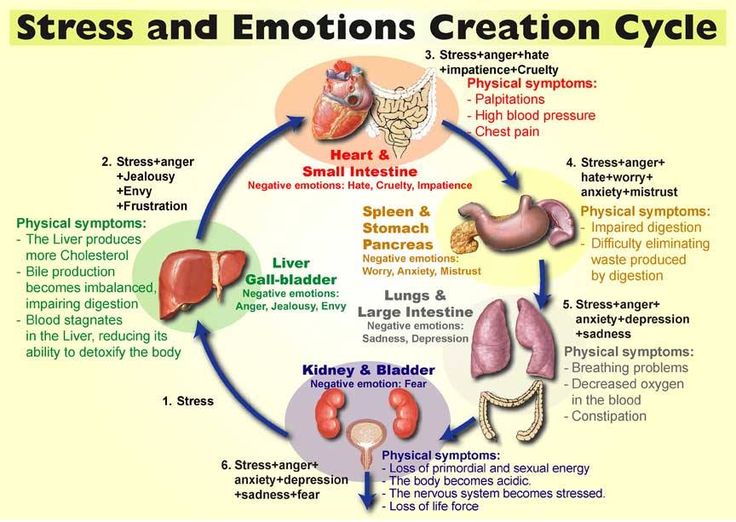

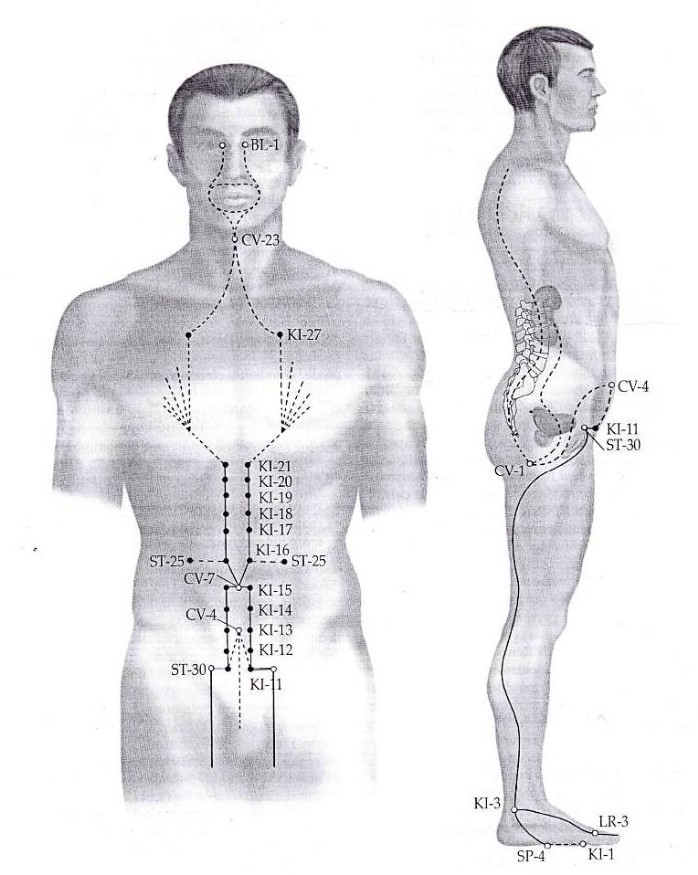



No Comments